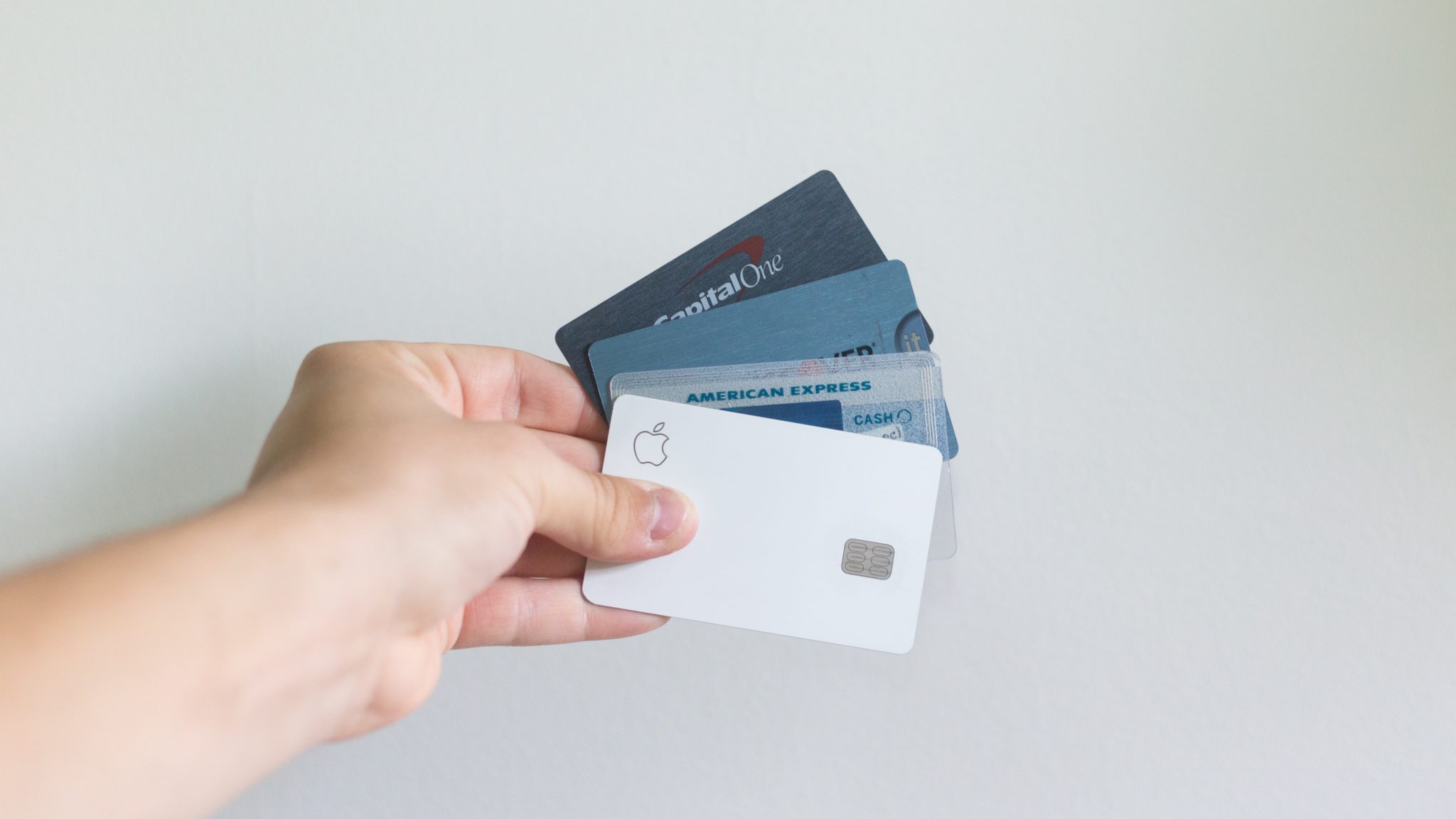
Going through a crisis in your life will often push your finances to the back of your mind, but letting your debt grow will only create more stress and anxiety later on.
Managing your debt through this time of uncertainty will give you a sense of control in your life. Follow these examples to help you through this tough time.
Make A Spreadsheet
Using a simple Excel spreadsheet or graph paper can help you get your money in order. Collecting all of your debts and putting them in one place will help you organize your balances and prevent you from forgetting a debt just for it to grow in the background.
Ideally, your most considerable debts should be at the top and your smallest ones at the bottom. With a visual representation, you would be able to figure out how you can pay off each debt and how long your payments will take to get into the black.
You can talk to your lenders about which methods they suggest to keep your payments on track, but as long you can make the minimum payments required, they will be happy.
Keep In Contact With Your Creditors
Burying your head in the sand and hoping your creditors will write off your debt is not a realistic option. Instead of having someone else deal with the problem for you, it will keep on growing until it reaches an unmanageable level.
Your creditors, just like you, want you to pay their money back and will help you make the adjustments you need to achieve this goal. The CARES Act is one way in which creditors will lower their rates to help you get on your feet. This act allows borrowers of government-backed mortgages to delay their payments for up to 12 months while getting to grips with their finances.
Your creditors will know of this act and if you are eligible for the break. There are many more legislations put in place to help people struggling to pay their debts, so talk to your creditors to see how they can help.
Utilize Balance Transfers
If you have a high bank transfer cost with your credit card, close it down and get a new one. Most credit cards offer a 0% interest rate for balance transfers if the customer is new. The length of time in which these interest rates stay low will differ depending on the lender, but the idea is to bring in new customers.
Utilize this loophole, and keep closing down credit cards that no longer offer the 0% interest. It will allow you to keep using a credit card without building as much debt in the process.
Remember To Look After Yourself First
If you are eligible for stimulus checks or other government help, do not use this money to reduce your debts. They are designed to help you stay afloat when times are tough. Use the money to pay your bills, buy food and stay mentally healthy.
After all that has been paid for, you can use these checks to pay off your debts and keep your creditors happy. There is nothing in the rules of these helpful payments that stops you from using them in this form. Just remember that they are there to keep you stable first and foremost.
Use Secure Personal Loans
If the crisis you are going through is a gap in your career, you shouldn’t get a loan to pay for your bills as you have no future way to pay it back. However, once you get yourself back on track, you can use these loans to make up for the lost time.
Secured personal loans are loans that are tied to something valuable. This valuable item is then used as collateral in case you cannot make your payments. Typically these loans are secured to homes and vehicles, but in reality, they can be used with anything worth a big enough value.
If you happen to go through another job crisis, you can always give up the valuable item to stop the debt, thereby saving you hassle and keeping you afloat.
Conclusion
Although it might feel like it, the lenders are not your enemy. Speaking to them can help you better manage your debts, as they might have a way to help you, like using the CARES act. A time of crisis in your life doesn’t mean your debts have to grow. Ask for help and stay in control, but remember to put yourself first.

































